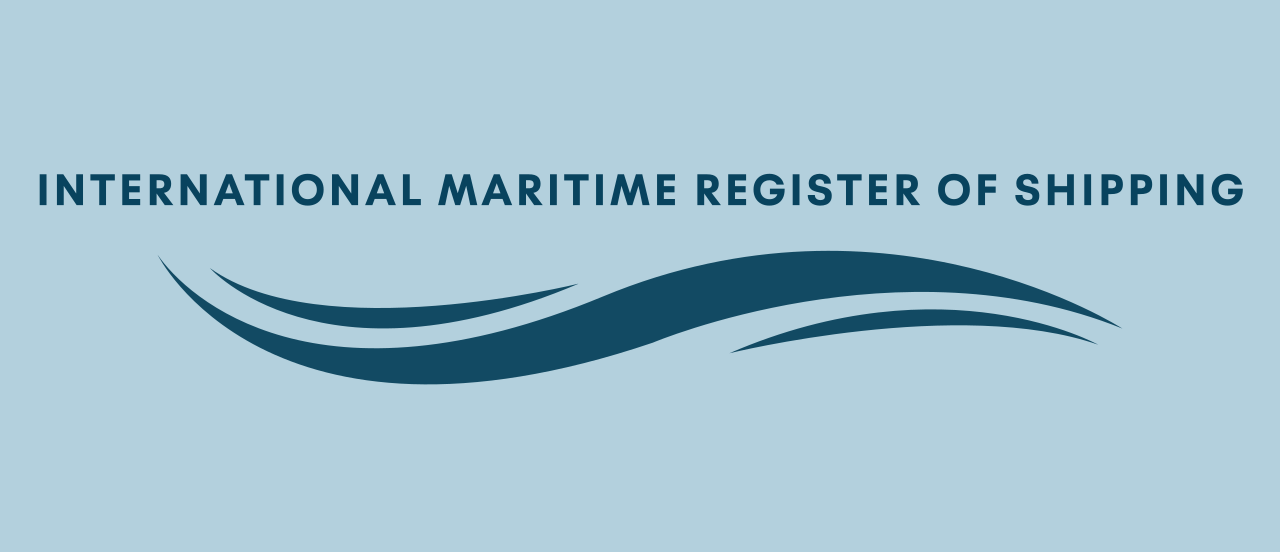Class hull and machinery certificate
The Class Hull and Machinery Certificate, commonly known as the Class Certificate, is a vital document issued by a classification society to a ship upon successful completion of classification surveys. Classification societies are independent organizations that verify whether ships comply with specific standards for safety, construction, and maintenance.
Here’s an overview of the Class Hull and Machinery Certificate:
Purpose: The primary purpose of the Class Certificate is to confirm that a ship’s hull and machinery meet the International Maritime Register of Shipping (IMRS) rules and standards for design, construction, and maintenance. It serves as evidence that the ship is structurally sound and safe for operation.
Issuance: The Class Certificate is typically issued after the completion of various surveys conducted by IMRS throughout the ship’s lifecycle. These surveys include the initial design review, construction surveys during shipbuilding, periodic surveys during operation, and special surveys for maintenance and repairs.
Validity: The Class Certificate is valid for a specific period, typically five years, depending on the classification society’s rules and the ship’s age, type, and trading area. During this period, the shipowner is required to comply with IMRS rules and carry out necessary maintenance and repairs to maintain the certificate’s validity. The Interim class hull and machinery certificate is issued first after completion of survey valid for up to 5 months, during which all survey reports and supporting documents shall be sent to IMRS HO by the attending surveyor, upon review of the survey reports and supporting docuemtns, full term certificate is issued valid up to 5 years
Contents: The Class Certificate contains essential information about the ship, including its identification details (name, IMO number, call sign), particulars (dimensions, tonnage), classification status (class notation), and any conditions or endorsements imposed by IMRS.
Class Notations: The Class Certificate may include special notations or symbols to indicate additional features, equipment, or services provided by the classification society. These notations may relate to specific design features, operational capabilities, or compliance with optional requirements beyond the mandatory rules.
Benefits: Possessing a valid Class Certificate offers several benefits to shipowners and operators. It demonstrates compliance with international standards and regulations, enhances the ship’s marketability and reputation, facilitates port entry and inspection procedures, and provides assurance to charterers, insurers, financiers, and other stakeholders.
Renewal and Maintenance: To renew the Class Certificate upon its expiration, the shipowner must undergo further surveys and inspections to assess the ship’s condition and compliance with updated rules and standards. Regular maintenance and timely repairs are essential to ensure continued compliance and the uninterrupted validity of the certificate.
Overall, the Class Hull and Machinery Certificate plays a crucial role in ensuring the safety, seaworthiness, and reliability of ships worldwide. It represents a commitment to quality, compliance, and professionalism in the maritime industry, benefiting all stakeholders involved in ship operation and trade.

